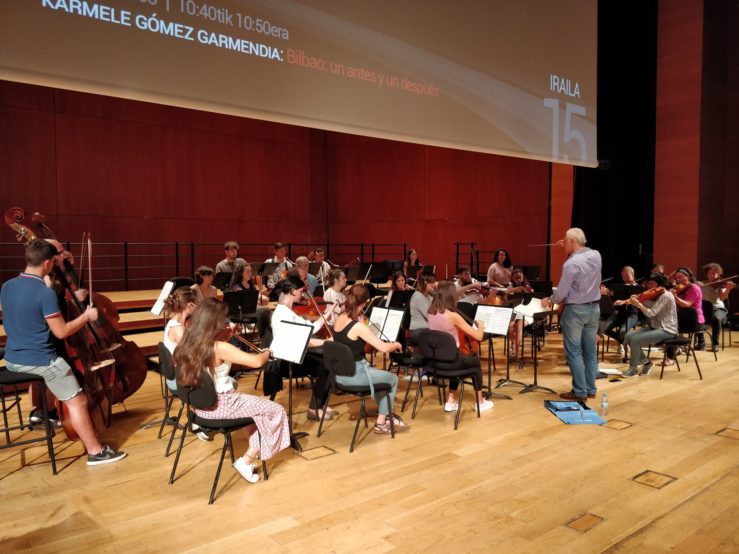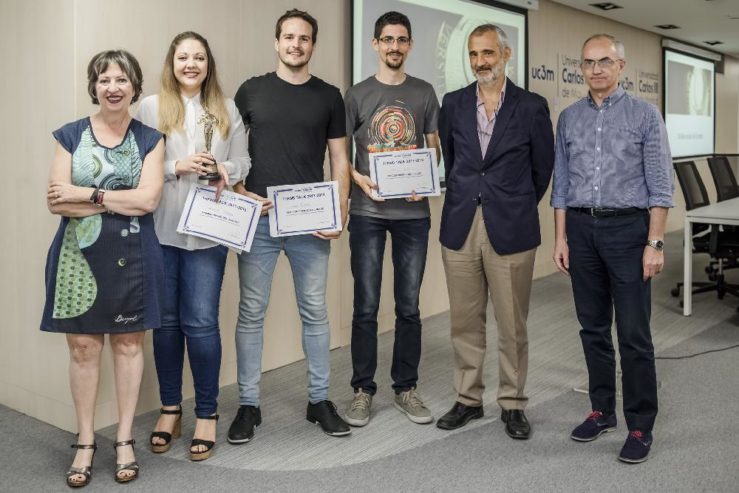The 4.1.0 release of simmer, the Discrete-Event Simulator for R, is on CRAN. As per request in the mailing list, now get_global() is able to work inside a generator function. Moreover, the new add_global() method attaches a global attribute to a simulator.
library(simmer)
env <- simmer()
hello_sayer <- trajectory() %>%
log_("hello world!") %>%
set_global("interarrival", 1, mod="+")
generator <- function() get_global(env, "interarrival")
env %>%
add_global("interarrival", 1) %>%
add_generator("dummy", hello_sayer, generator) %>%
run(7) %>%
get_global("interarrival")## 1: dummy0: hello world!
## 3: dummy1: hello world!
## 6: dummy2: hello world!## [1] 4Compared to plain global variables, these ones are automatically managed and thus reinitialised if the environment is reset.
env %>%
reset() %>%
get_global("interarrival")## [1] 1env %>%
run(7) %>%
get_global("interarrival")## 1: dummy0: hello world!
## 3: dummy1: hello world!
## 6: dummy2: hello world!## [1] 4There has been a small refactoring of some parts of the C++ core, which motivates the minor version bump, but this shouldn’t be noticeable to the users. Finally, several bug fixes and improvements complete this release. See below for a complete list.
New features:
- New getter
get_selected()retrieves names of selected resources via theselect()activity (#172 addressing #171). - Source and resource getters have been vectorised to retrieve parameters from multiple entities (as part of #172).
- Simplify C++
Simulatorinterface for adding processes and resources (#162). The responsibility of building the objects has been moved to the caller. - New
add_global()method to attach global attributes to a simulation environment (#174 addressing #158).
Minor changes and fixes:
- Remove 3.8.0 and 4.0.1 deprecations (#170 addressing #165).
- Fix
get_global()to work outside trajectories (#170 addressing #165). - Fix
rollback()with an infinite amount (#173). - Fix and improve schedules and managers (as part of #174).
- Fix
reset()to avoid overwriting the simulation environment (#175).



